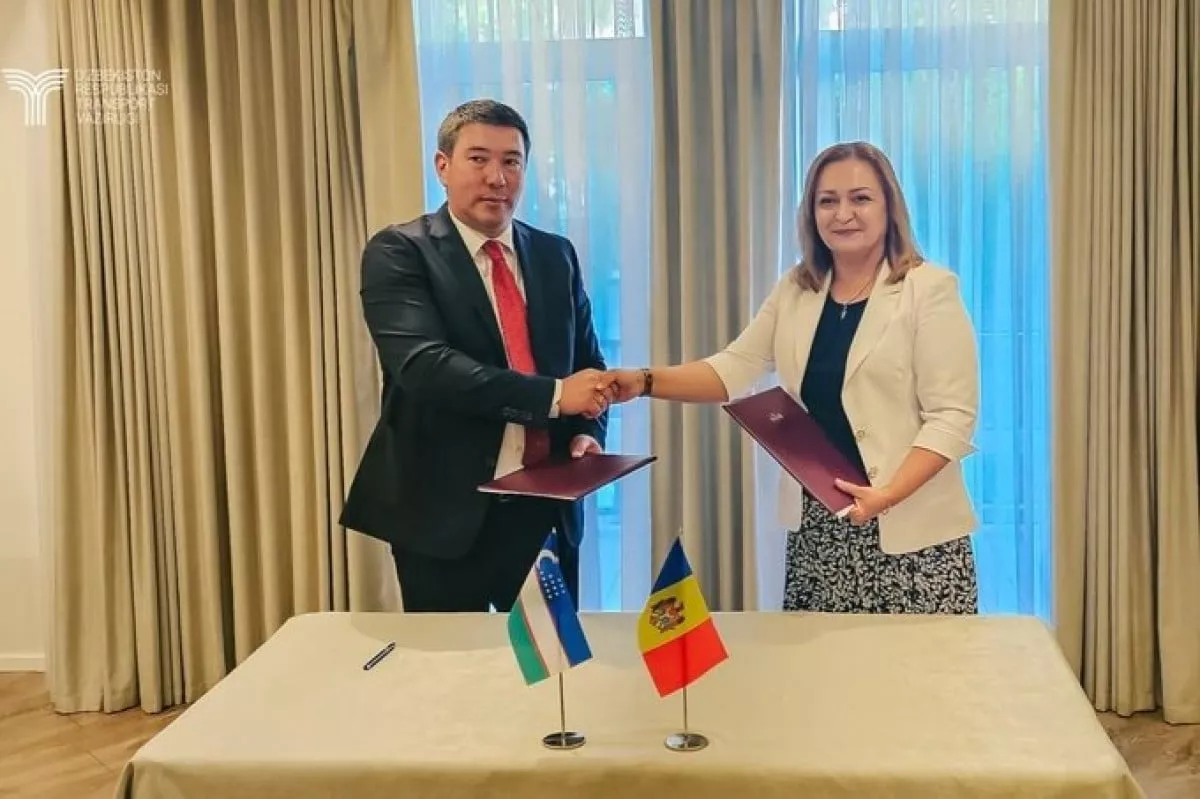Uzbekistan-Moldova freight transport permits canceled

Starting from the beginning of 2026, a new agreement between Uzbekistan and Moldova will come into effect. This was reported by Upl.uz.
This agreement is bilateral and completely abolishes the requirement to obtain permits for transit automobile cargo transportation. According to the press service of the Uzbekistan Ministry of Transport, this decision was made at the meeting of the Uzbek-Moldovan joint commission.
The protocol defining these changes was included in the intergovernmental agreement on cargo transportation and was signed as a result of negotiations between the Uzbekistan delegation and representatives of the Moldova Ministry of Transport and Road Infrastructure. The main topic of the negotiations was creating favorable conditions for national transport companies.
The Ministry of Transport emphasizes that this agreement holds strategic importance. Liberalization in the transport sector not only creates significant conveniences for national enterprises operating on European routes but also makes an important contribution to strengthening the stability of export logistics chains.
This decision is viewed as part of a broader strategy to ensure the continuity of goods delivery processes. It is a continuation of Uzbekistan’s policy of digitalization and simplification of international cargo transportation.
It is worth recalling that since November 2022, the electronic permit exchange system “E-permit” has been successfully operating with Turkey, and since April 2023, such a digital system has also been introduced with Kazakhstan. Earlier this year, Transport Minister Ilhom Mahkamov announced the preparation of a draft decree aimed at the comprehensive development of the transport-logistics sector.
The main tasks of this document are to diversify international routes and to seek alternative logistics corridors to bypass routes where transit problems arise. Within the framework of this strategy, the Ministry of Transport is actively working on the international stage.
The Ministry plans to conclude new agreements on automobile transportation with several European countries such as Belgium, Armenia, Serbia, Norway, Croatia, and Albania. Additionally, work is ongoing to review and update existing agreements with key partners including China, Iran, Belarus, Ukraine, and Romania.
This demonstrates a systematic approach to creating an efficient transport network. Uzbekistan is one of only two countries in the world, along with Liechtenstein, that must pass through the territory of at least two countries to reach a global ocean.
This situation is referred to as “twice the distance from the sea” and further highlights the importance of developing land transport corridors.

